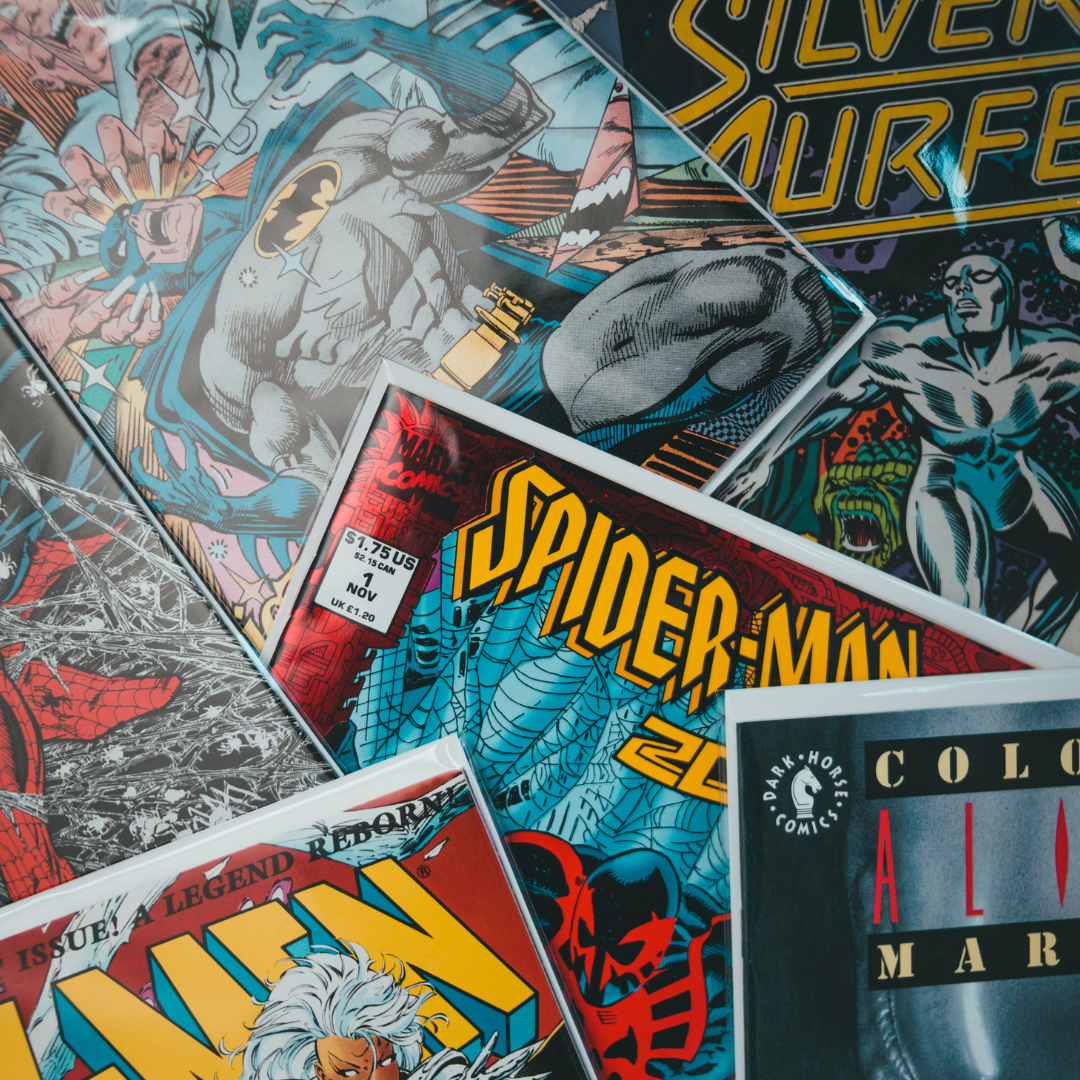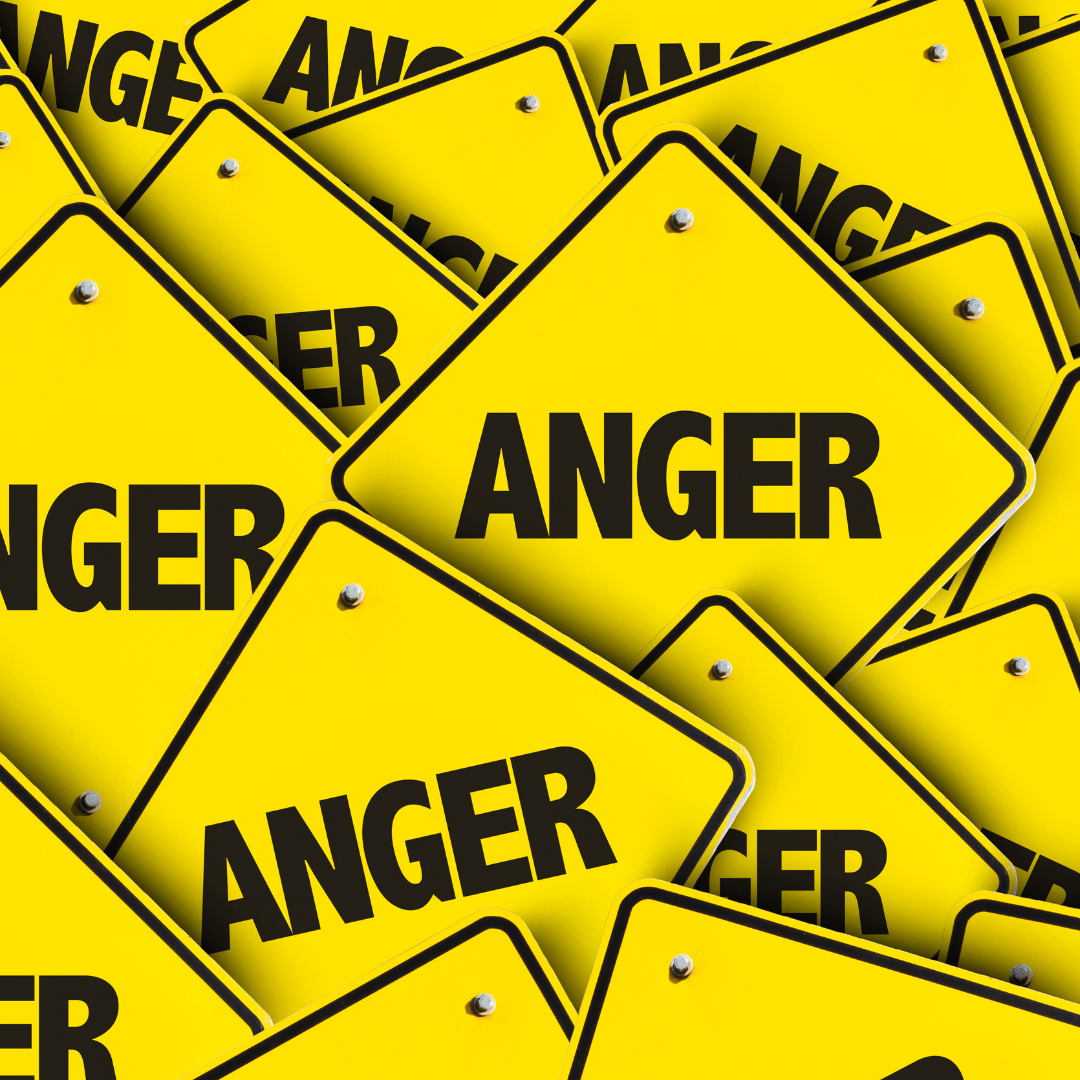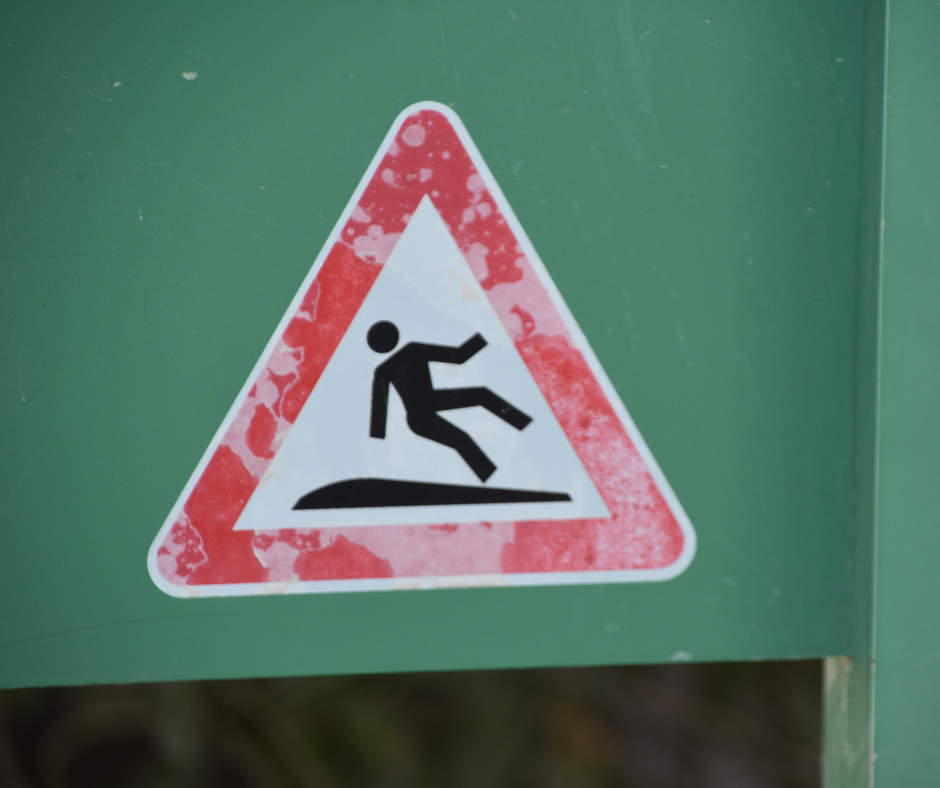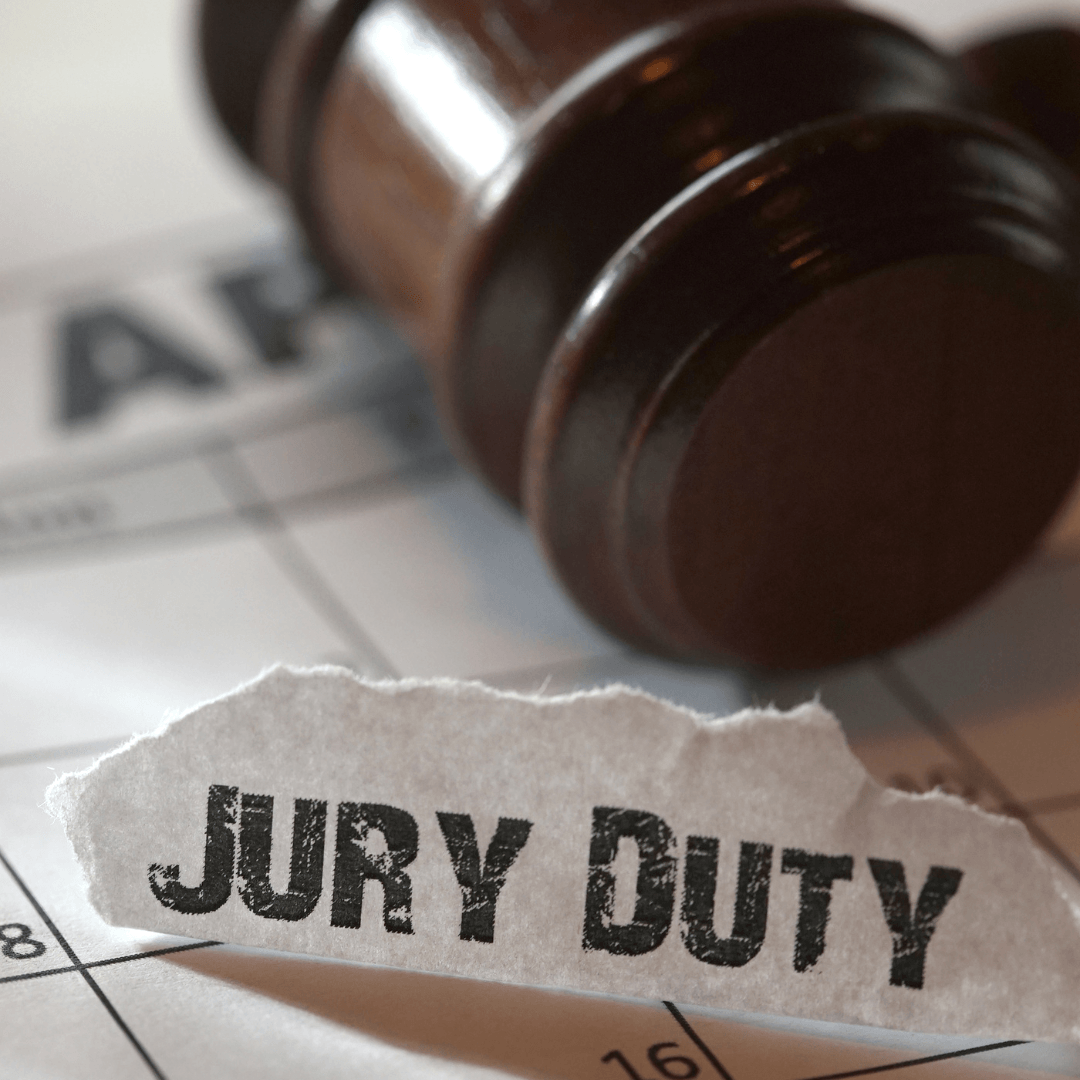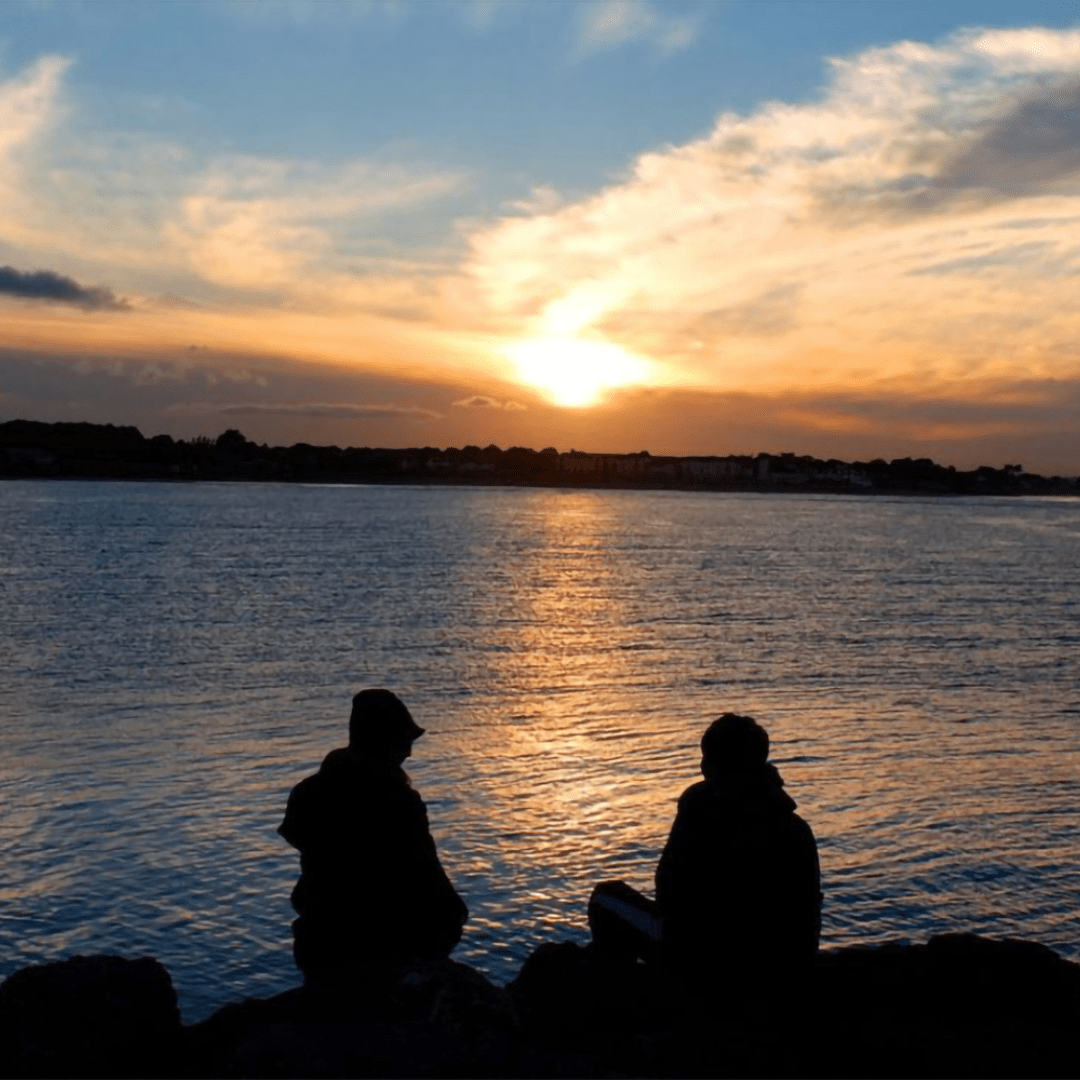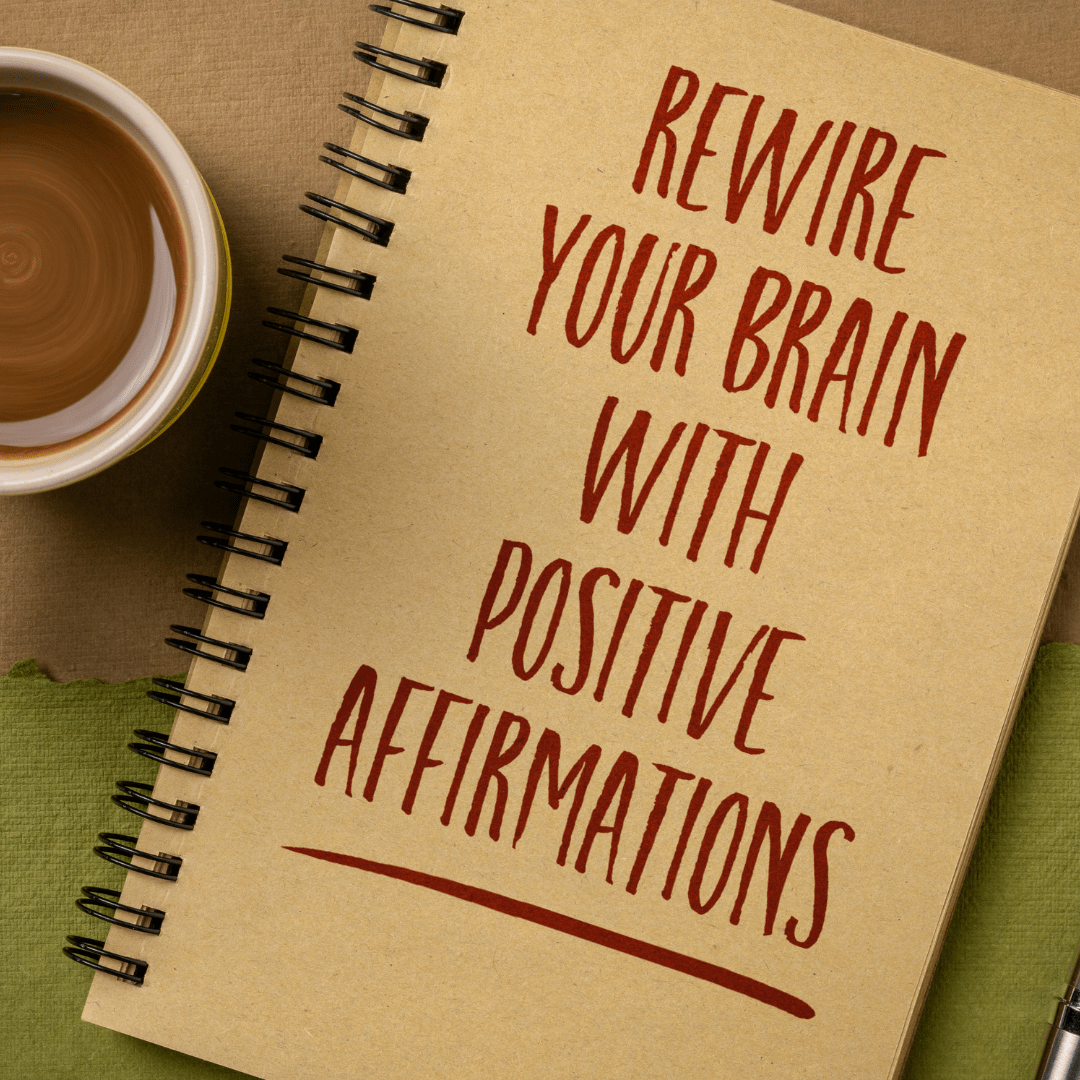I was just sitting here thinking, when somewhere out of the blue, a couple of terms came to mind. The terms were “pay it forward” and “random acts of kindness.” But what do those things have to do with traumatic brain injury?
Stay with me here while I think (or type) out loud and it may make sense.
It goes back to my days hitchhiking around the country, when I was younger and stupider (I don’t recommend doing this, by the way).
One time I was picked up by a very nice man who gave me a ride to Kansas City, Kansas. I was going further but that was only as far as he was going.
When it was time to part ways, he reached over and stuffed some dollar bills in my shirt pocket. I protested that I couldn’t take his money; he had already done me a great kindness. I tried to give him his money back.
He insisted I keep it, it was freely given, and with no expectations or strings attached but one.
He told me his name and I still remember it—Al King from Berthoud, Colorado. The string attached to his act of kindness was that if I really wanted to pay him back, I should do kind things for others, any time I had the chance. That would motivate the person on the receiving end to do a kindness for someone else, who would do a kind thing for somebody, etc., and in that way his kindness to me might find its way back to him someday.
That idea stayed with me all these years and it has worked in my favor in many ways, some great and some small, but all powerful and life-affirming.
After the stroke I experienced, it seemed to me that surviving that experience gave me a second chance, a chance to reinvent myself, to start all over from the ground up. I felt determined not to waste that second chance.
One of the things I deccided to do was go big on Al King’s advice. (It’s not like I was a jerk before that stroke or anything, but I didn’t see why I couldn’t live that advice every day.)
Early on, like lots of other TBI survivors, I went through feelings of uselessness. But one day it occurred to me that the way to avoid feeling useless is to find ways to be useful. That actually wasn’t that hard in my case.
A big chance came to me to be an advocate/activist for other TBI survivors, using the writing and speaking skills I retained. I was asked to be part of a team lobbying the state legislature to pass a bill into law that benefits Washington state TBI survivors. I found I could use my voice to help other suvivors who are voicelss, both figuratively and literally.
And when I was offered the chance to write this blog, I took it, and found another way to be useul. I’m continually being told my blog is helping others make it through rough times navigating the world with traumatic brain injuries.
Lots of other opportunities came, opportunities to be kind, both big and small.
One act from my own life’s experience came back to me immediately and unexpectedly. I was picking up a couple of items from the convenience store across the street and was headed for the cash register just seconds before an older woman came up.
I insisted she go first and she insisted on handing me a lottery ticket she was holding. I tried to turn it down but she insisted. She went first and when it was my turn, the ticket was a winner. It wasn’t a large sum but was enough to pay for my items and a few dollars more. It was the only time I left a store with more money than I’d come in with.
Doing small helpful acts help just as much as big ones, as long as those acts are committed with no expectation of being repaid. I really do advocate doing kindnesses, big and small, just because you can.
Call your mom and tell her you love her. Volunteer to wash the dishes when you haven’t been asked. Help a senior citizen carry her bags to the car at the grocery store. Lend an ear to a friend who needs someone who will just listen. And so on…the opportunuties to do random kindnesses are limitless.
There are opportunities every day to do a kindness to someone. Your kind act can start a chain reaction of kindness and it can come back to you directly or indirectly in some kind of way.
And heaven knows brain injury survivors need lots of kindness and understanding. Kindness will help keep you going in a positive direction and help keep you on your road to recovery. And remember to be kind to yourself along the way
If nothing else, you’ve done something to make the world a little better place to live in and some measure of the kindness you put out there will come back to you in one way or another. Keep doing kindnesses and it will become second nature and kindness wil keep coming to you.
It’s important to keep in mind that your acts of kindness should be done for no other reason that you can commit an act of kindness. Your intentions are key here: if you do something to help someone in order to make points or expecting to be paid back, those aren’t the sort of kind acts I’m talking about. The kind of acts I’m talking about should be done sincerely, unconditionally and with no strings attached.
I don’t know how it works or why it does; I just know it does. Call it “paying it forward” or “karma” or whatever works for you, the bottom line is that having a traumatic brain injury is a a tough job and a full-time one. We need a lot of kindness and understanding to make it through, so it makes sense to create as much as we can.
I know you will; my friends tend to be kind, loving, generous people already, and all of you are my friends.
And once again, show yourself some kindness along the way.
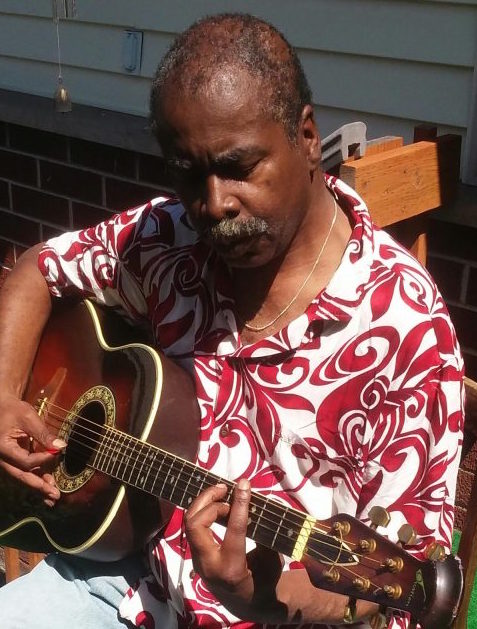 Isaac Peterson grew up on an Air Force base near Cheyenne, Wyoming. After graduating from the University of Wyoming, he embarked on a career as an award-winning investigative journalist and as a semi-professional musician in the Twin Cities, the place he called home on and off for 35 years. He also doesn’t mind it at all if someone offers to pick up his restaurant tab. Peterson also welcomes reader comments. Email him at isaac3rd@gmail.com. Read more articles here; https://www.brainenergysupportteam.org/archives/tag/isaac-peterson
Isaac Peterson grew up on an Air Force base near Cheyenne, Wyoming. After graduating from the University of Wyoming, he embarked on a career as an award-winning investigative journalist and as a semi-professional musician in the Twin Cities, the place he called home on and off for 35 years. He also doesn’t mind it at all if someone offers to pick up his restaurant tab. Peterson also welcomes reader comments. Email him at isaac3rd@gmail.com. Read more articles here; https://www.brainenergysupportteam.org/archives/tag/isaac-peterson

